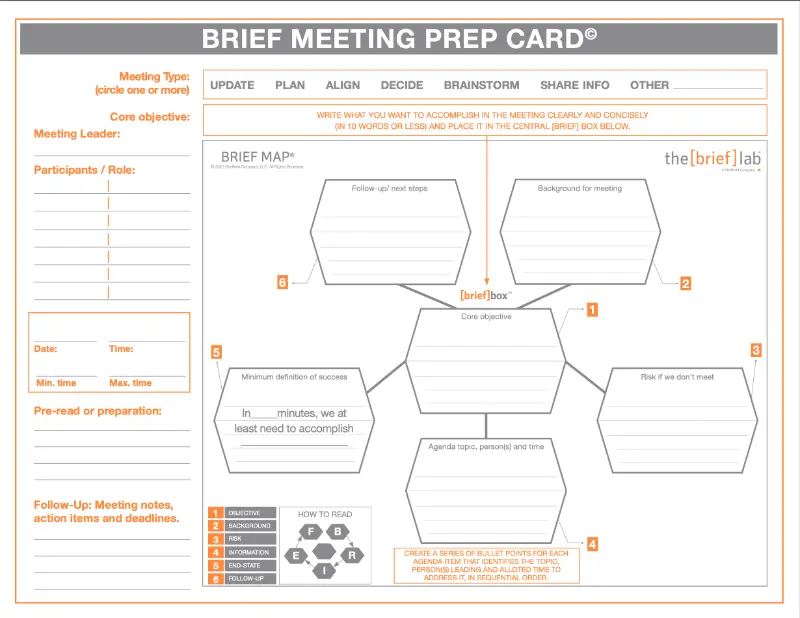
As we move full speed into the holiday season, most everyone becomes increasingly stressed by their never-ending to-do lists, both personal and professional. The holidays are ripe for multitasking. Everyone is trying to get everything done at once.
And you know what’s making it worse? The regular ding of our digital devices, drawing our focus and attention away from the task at hand. The result: waning focus and declining efficiency.
These continual interruptions drain our brains. Think of it as a mental fuel tank that can go empty. If your mind is all over the place, it’s similar to driving a car until it runs out of gas.
Research indicates that the current number of connected devices per person today averages 3.64. Experts predict that people will soon have access to more than six connected devices per person. With this many devices at our fingerprints, vibrating and ringing and beeping at us, how do we drown out the noise?
It’s difficult, but you must actively make a choice to ignore your many devices. You will constantly battle the urge to check social media or send an e-mail, and it is ultimately a personal responsibility to win this battle. But you’re not in it alone.
To help, my early holiday gift to you is a free look at the first few chapters of Noise: Living and leading when no one can focus. In these chapters, you will get a sneak peek at the many ways digital devices are driving us collectively insane and start taking action before the book even comes out.
In the meantime, here are a few ideas to help you manage your devices and keep you sane over the next six weeks:
- Check your phones at the door. As you head to holiday parties and gatherings, make an intentional goal to turn your phone off and leave it in your pocket for the duration of the event. Be present.
- Utilize the 7-to-7 rule: After 7 p.m., I put my phone and devices away and don’t check them until 7 a.m. the next day. It’s hard but this habit has allowed me to set boundaries for other regenerative activities. Find your own time period and stick to it. Doing so now will help kick start your journey to reduce noise in 2020.
- Single-purpose spaces: Whenever possible, designate a room for one reason (e.g., kitchen is for cooking, so no screens on the refrigerator; bedrooms are for sleeping, so no televisions, laptops, or phones).
- Find a Buddy: Creating new habits is almost always easier when someone is there to hold you accountable. Tell a friend (or friends) about your goal to manage your devices and tune out the noise. Encourage them to join you. You can even make it a game: who can ignore a notification the longest?
As I’ve said, it’s not easy. We’ve come to rely on – and often get a thrill from – constant notifications and alerts on our many digital devices. But it is possible to manage your devices, and your brain will thank you for it.
It doesn’t have to be a big lifestyle change at first. Start small. Make it a gift to yourself this holiday season and take small steps to reduce one more source of holiday insanity.
Speaking of gifts: if you’re looking for ideas to stay ahead on your holiday shopping list, consider purchasing a copy of my book for any of your friends and family who may need help blocking out the noise in 2020. We’re all in this together.

